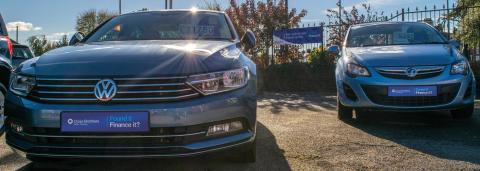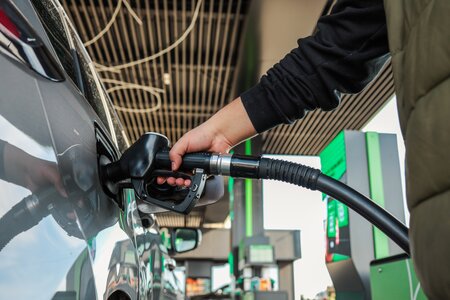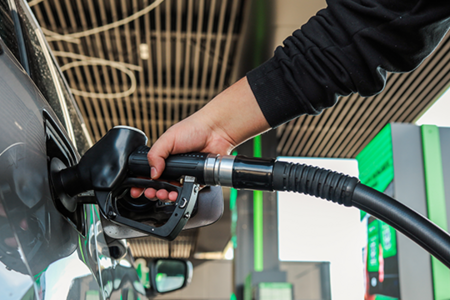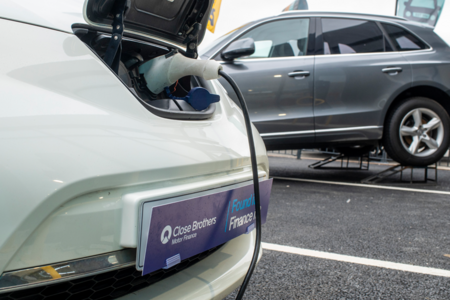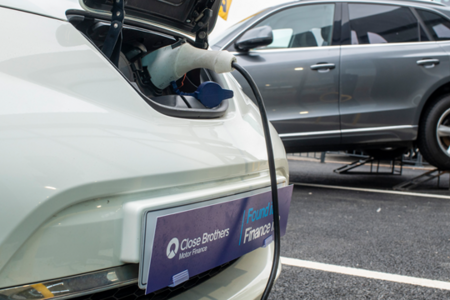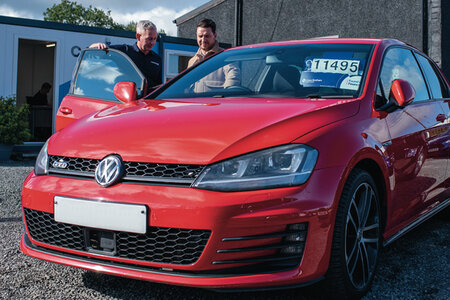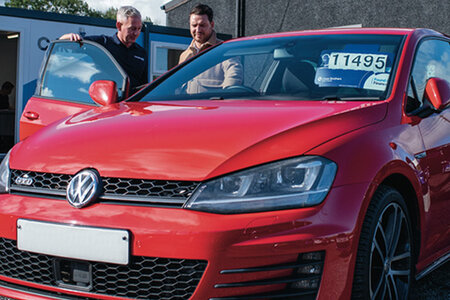Brexit, a global slowdown, and confusion over fuel type have caused 2.4 million drivers to think twice about buying a brand-new car. The findings from a new report published today by Close Brothers Motor Finance found, in the past year, the proportion of drivers planning on buying a used car has dramatically increased, while those planning to buy new have fallen.
49% of drivers said they would opt for a used car next - up from 41% a year ago; while 34% were considering a new car – a decrease of 8%.
The Britain Under the Bonnet report looks at consumers’ attitudes and car buying behaviours – along with views from dealerships across the country – to give a comprehensive view of the UK’s motor industry in 2019.
Brexit was a key factor that had dampened consumers’ appetite. 48% of drivers said Brexit had had a negative impact on their plans to buy a car in the next three years, with a third of these drivers saying they were more likely to buy a used car or delay buying a car as a consequence. Unsurprisingly then, the report found that Brexit was now seen as a threat for half of car dealers, double that of six months previously (26%).
Uncertainty around fuel type was another factor impacting decision-making this year. 18% of drivers said they were put off buying a car in 2019 because of their confusion about fuel type. Almost one in four diesel drivers (24%) said they were put off because they were unclear about what the costs will be to own a diesel car in the future.
Despite the challenges, when surveying dealers about the year ahead the vast majority (93%) said they remained confident about business prospects. Two thirds of dealers (68%) could point to specific opportunities for their business in the months ahead. For nearly a quarter (24%), maintaining the stability of the business was the reason to be confident about the immediate future. One in five (19%) said they had experienced an increased demand for particular models (up from 6% the previous quarter).
Just 4% of dealers said they had concerns about an economic downturn (down from 14% six months previously), suggesting a positive outlook for the future beyond Brexit.
Rebecca McNeil, Chief Executive Officer at Close Brothers Motor Finance commented: “The motor industry is a cornerstone of the British economy, and in these unprecedented economic times it is no surprise to see the industry experiencing a number of challenges. All eyes are on Westminster as we wait in hope of a satisfactory resolution to the ongoing uncertainty.
“However, out of this period of change, rather than just treading water, a huge proportion of dealers are spotting opportunities and capitalising on them. We’re seeing a number of dealers responding to the increased demand for used vehicles, while others are embracing the trends towards alternative fuel vehicles. Overall, the vast majority of dealers feel confident, and can see the possibilities that exist beyond Brexit.
“In uncertain times and with a high pace of change in technology, consumers are looking now more than ever to speak to experienced professionals on the forecourt. For our dealers, staying on top of the latest trends and developments will be key to attracting and retaining customers.”
Britain Under the Bonnet methodology
The figures in this report are based on Close Brothers Motor Finance’s own data, a telephone survey of over 200 UK car dealers undertaken between November and December 2018, and on a consumer survey of over 2,000 UK drivers, weighted to be nationally representative. The survey was conducted in November 2018 by Censuswide. All statistics in the report, unless stated otherwise, are taken from the aforementioned sources.
Methodology for 2.4m drivers figure: There are 31.6 million cars licensed for use of the roads in Great Britain, according to the Department for Transport. 7.6% additional drivers now considering a used vehicle, rather than new (from 41.0% in 2018 to 48.6% in 2019), equating to 2.4m drivers.
To find out more about the report or to request a copy, click here.
